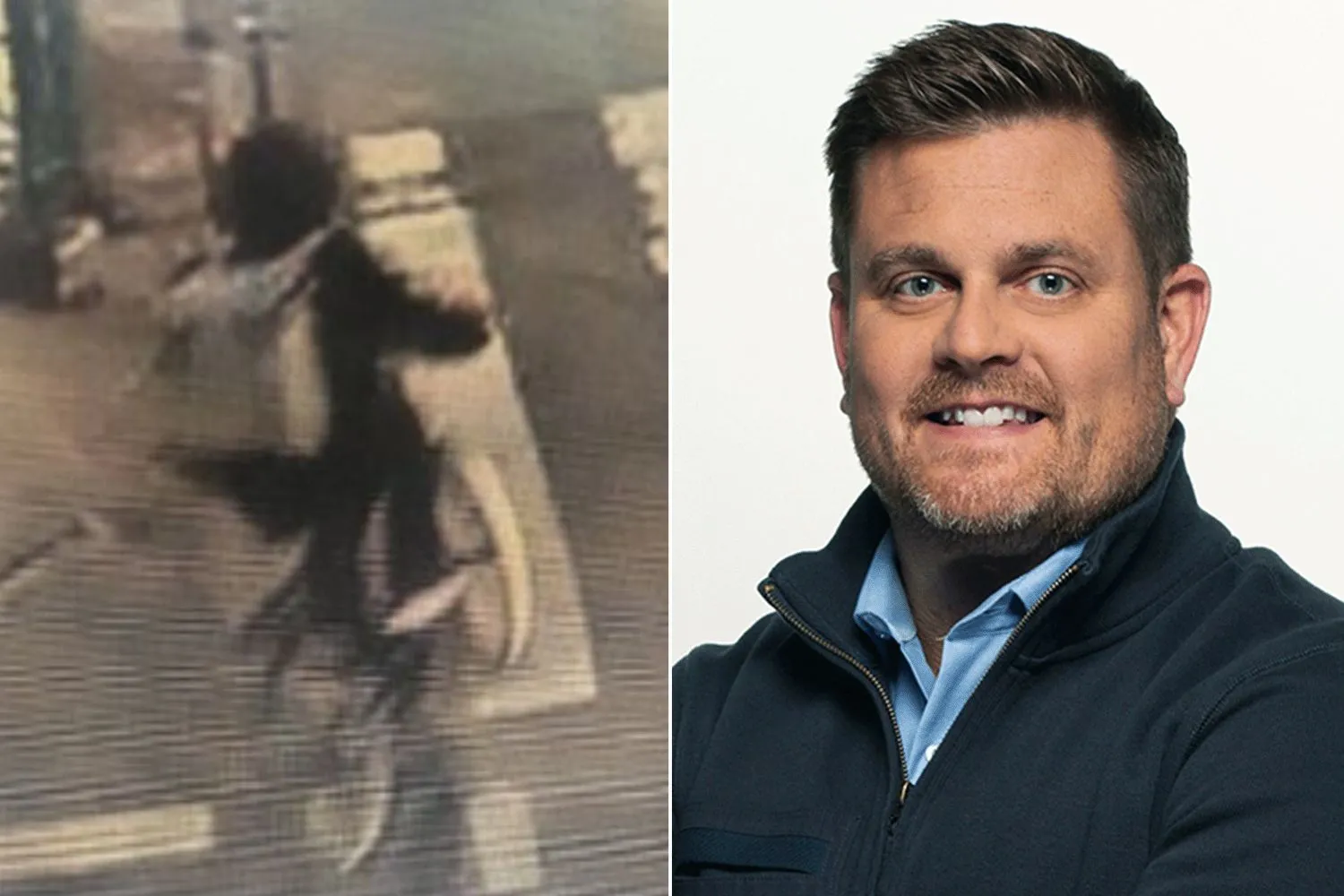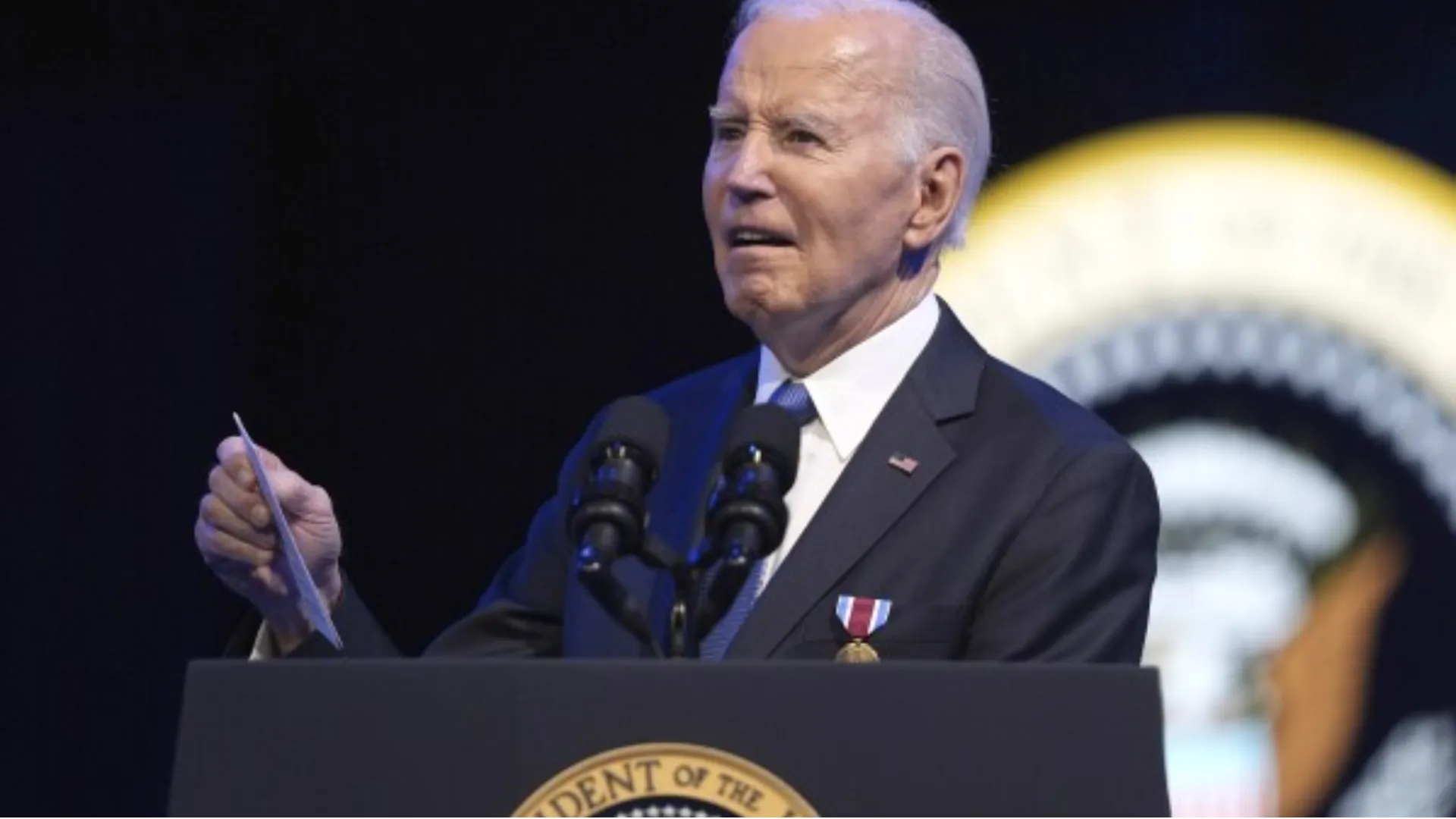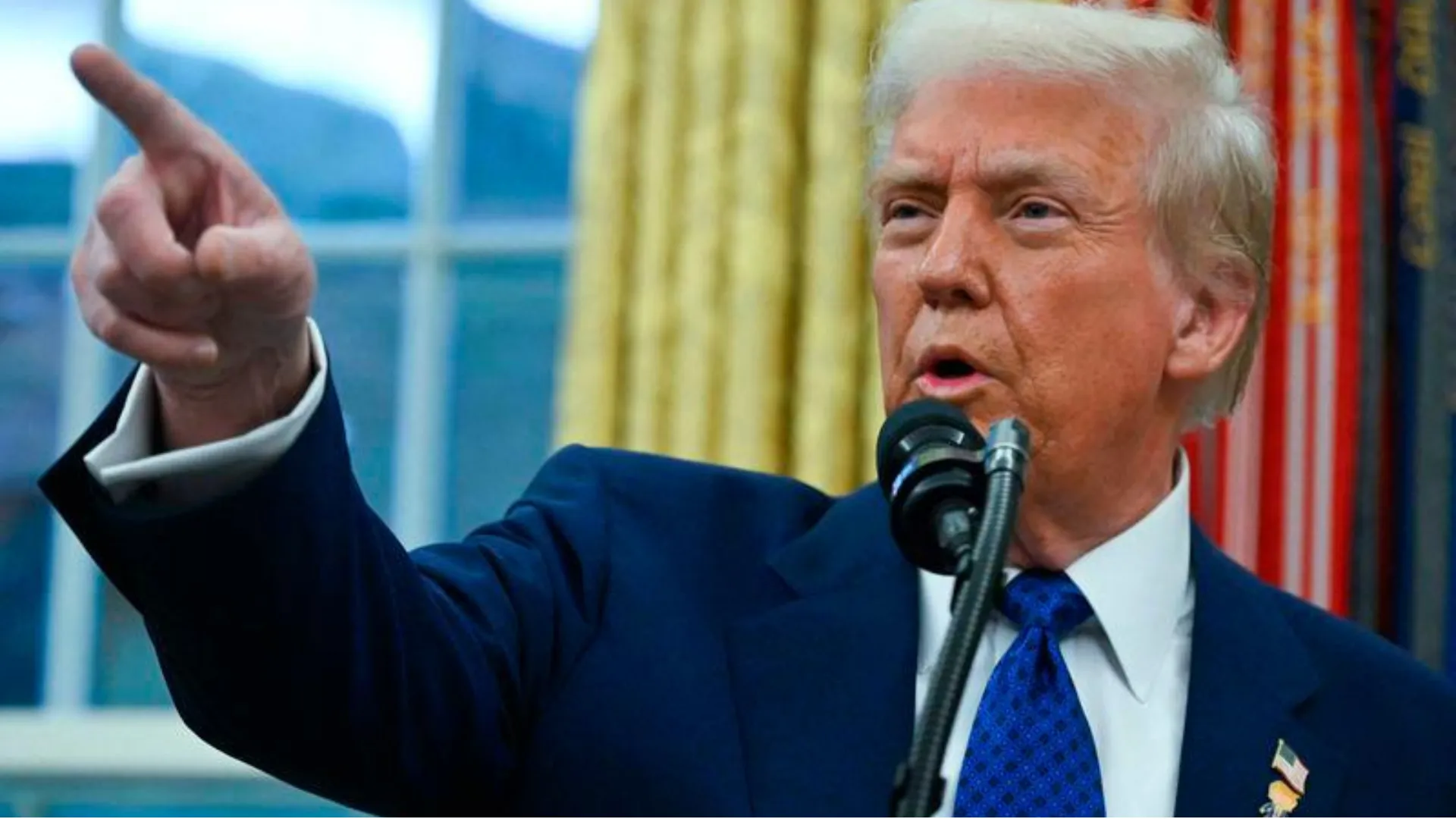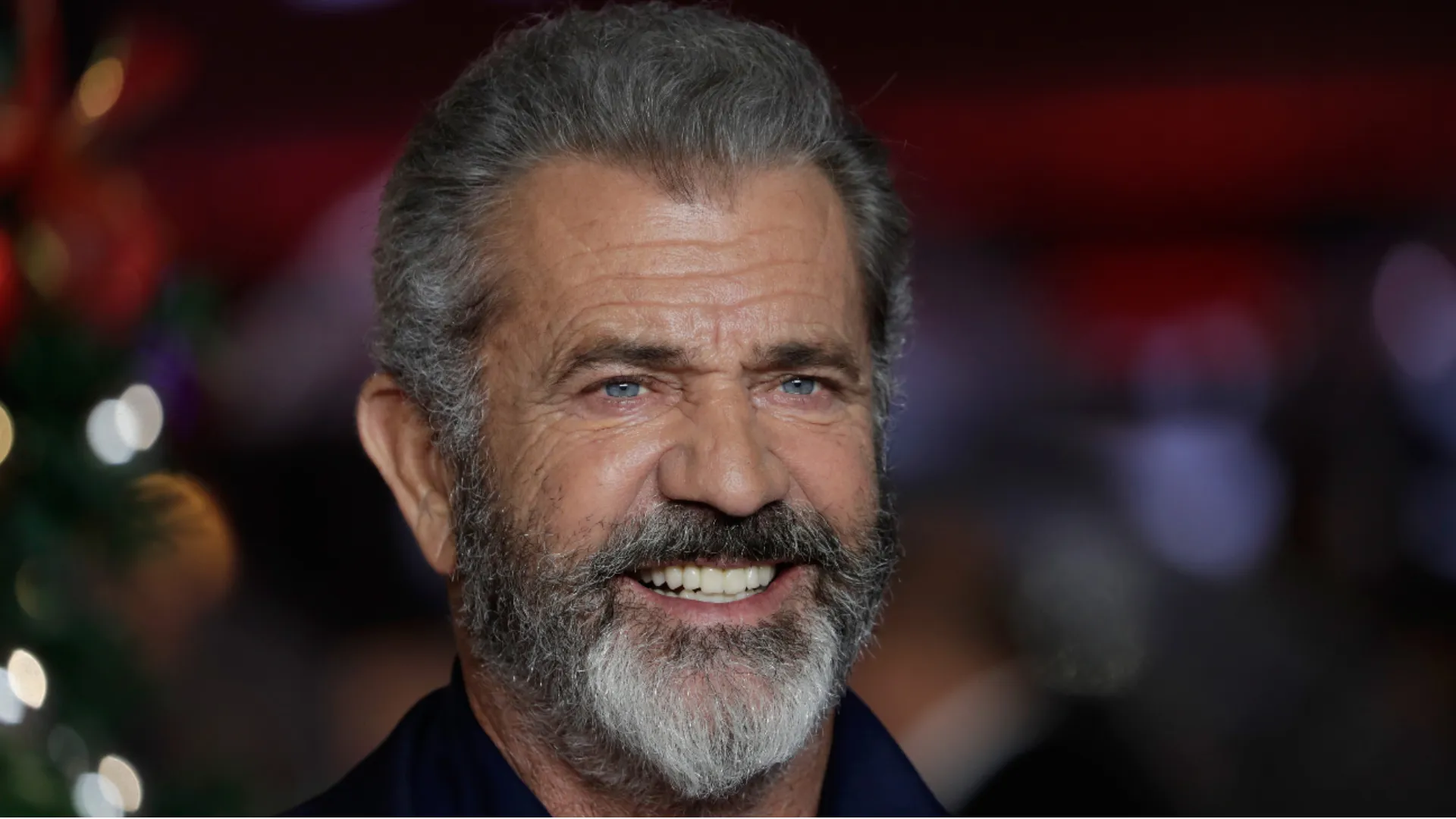Bishop Mariann Edgar Budde, who delivered a bold sermon calling for compassion toward LGBTQ children and immigrant families during a service attended by President Donald Trump, has defended her message as one rooted in truth and faith.
Speaking on The View, Budde said, “I was trying to speak a truth that I felt needed to be said.” Acknowledging the controversy surrounding her remarks, she admitted they had been “misconstrued and politicized,” adding, “How could it not be?”
Budde, the Episcopal Bishop of Washington National Cathedral, addressed Trump directly during Tuesday's service, urging him to “have mercy upon the people in our country.” She highlighted the struggles of LGBTQ children who “fear for their lives” and immigrant communities whose children “fear that their parents will be taken away.”
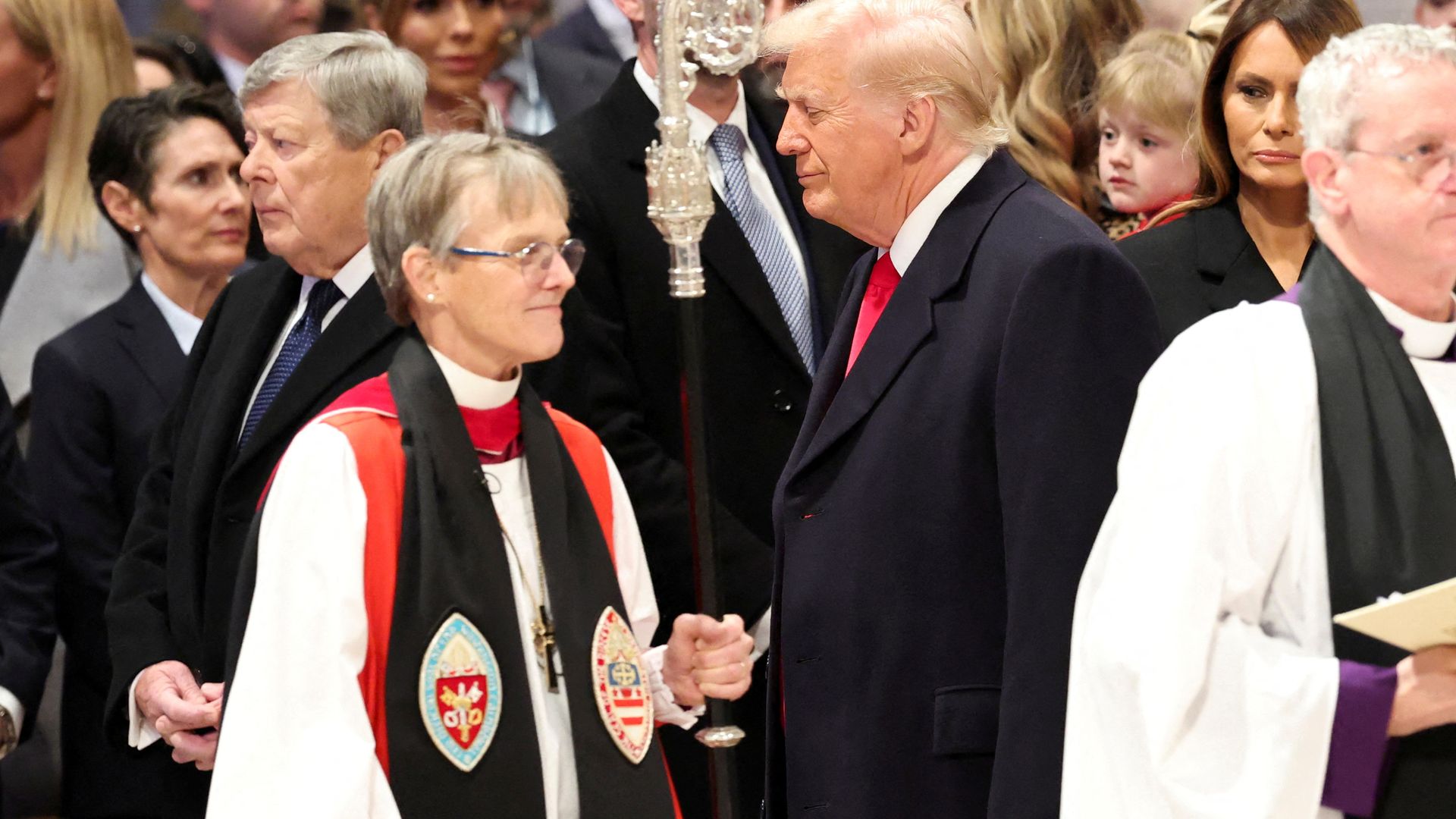
She also emphasized, “The vast majority of immigrants are not criminals.” The service was attended by Vice President JD Vance, Trump, and their spouses, Melania Trump and Usha Vance.
Despite the heartfelt nature of her sermon, Trump expressed disapproval, dismissing the service as “not a good one.” He later criticized Budde on Truth Social, calling her a “radical left hard-line Trump hater” who was “nasty in tone, and not compelling or smart.”
Trump’s sentiments were echoed by Senator Tommy Tuberville, who told Newsmax that Budde’s sermon was “spewing hate” and “absolutely amazes me how far these people go.”
Budde, who oversees 88 Episcopal congregations and 10 schools in Washington, D.C., and parts of Maryland, said she focused on delivering a message from the heart and did not let Trump’s reactions distract her.
“I’ve been preaching for a long time and have given up trying to read people’s body language as I’m preaching because I would be wrong most of the time,” she explained on The View.
She also noted the broader political climate, calling it “hyper-political” and warning against the “culture of contempt” where people “rush to the worst possible interpretations” of others’ words.

Budde criticized Trump’s immigration policies as “heartbreaking” but expressed openness to having a private conversation with the president if invited. “I’ve never been invited into a one-on-one conversation with President Trump, and I would welcome that opportunity,” she said.
However, she emphasized the importance of respect in such a meeting, adding, “I can assure him and everyone listening that I would be as respectful as I would with any person and certainly of his office, for which I have a great deal of respect. But the invitation would have to come from him.”
Budde addressed the polarization surrounding her remarks, saying, “I had what I felt was on my heart to say, and I had to leave it to them, to all of us, to take from whatever my words were to heart in whichever way they could and leave the rest to God.”

Her comments reflect her commitment to her faith and her belief in speaking truth to power, even amid controversy.
Budde’s sermon underscores the role of spiritual leaders in advocating for justice and compassion while navigating the challenges of addressing political figures directly.
The debate surrounding her sermon highlights the intersection of faith, politics, and public discourse. As Budde continues to defend her remarks, her message serves as a reminder of the responsibilities and challenges faced by clergy in addressing issues of morality and leadership in divisive times.


